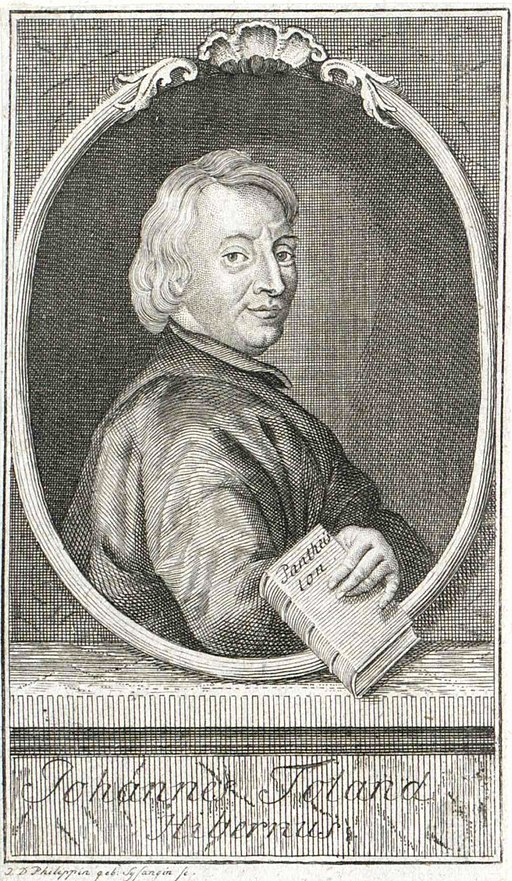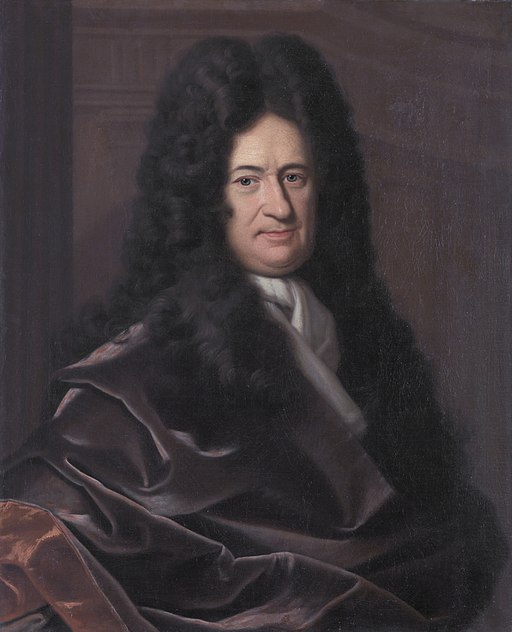John Toland (1670-1722), the Irish-born rationalist philosopher and freethinker, was a visitor to the court of Hanover and among several of the influential thinkers of the day with whom Sophia corresponded, supported and endowed. Their relationship has been discussed previously on this website.
A new website, dedicated to the life of Toland, was unveiled last year with a view to the impending centenaries connected to his birth and his death. We are reproducing below, the website's mission statement, which was issued on 11 March 2018 (which also marks the centenary of Toland's death in 1722) to coincide with the launch of the new website.
John Toland, Irish-born rationalist philosopher and freethinker, died on this day (11 March) in 1722. "If you would know more of him, search his writings," he wrote in a self-penned epitaph that appeared a few days later.
Toland is best remembered today as a philosopher, freethinker, author, pamphleteer who made important contributions to the various fields of philosophy – in what today would be regarded as both the natural and social sciences.
We choose this day to formally unveil a new website dedicated to Toland, his life and work. This website will serve as a free online resource and repository of knowledge pertaining to his writings, the times in which he lived and to the social movement that he, along with others, spearheaded and represented, with particular reference to the enduring legacy and effect.
There is a lot that has been said about John Toland and probably a lot more that could be said. This website will serve the purpose of ensuring that nothing that should be said will go unsaid. That is why this is a free website, open to anyone who may wish to contribute. Furthermore, we invite those who may wish to contribute to get in touch with us.
The fact that this website is being formally unveiled on the anniversary of Toland's death is not coincidental. In fact, the date has been deliberately chosen. The 350th anniversary of Toland's birth will be observed on 30 November 2020 and the 300th anniversary of his death falls less than two years later, in 2022. We particularly encourage anyone who has an interest in these anniversaries to get in touch with us, to ensure that they are properly observed and accorded the respect that they are due. We will do our best (without fear or favour) to publicise events that are taking place, using networks and channels of communication within our reach.
Further details about this web project will be unveiled in due course. If you are interested, we encourage you to keep in touch – subscribe using the facilities that are available or sign up for e-mail alerts. You can also find us on Facebook and Twitter.
If you would know more, follow us.
– reproduced from the website of the John Toland (1670-1722) Centenaries Project
A new website, dedicated to the life of Toland, was unveiled last year with a view to the impending centenaries connected to his birth and his death. We are reproducing below, the website's mission statement, which was issued on 11 March 2018 (which also marks the centenary of Toland's death in 1722) to coincide with the launch of the new website.
John Toland (1670-1722)
– Irish-born Rationalist Philosopher and Freethinker –
 |
| http://www.carboneria.it/Tolandfr.htm [Public domain], via Wikimedia Commons |
Toland is best remembered today as a philosopher, freethinker, author, pamphleteer who made important contributions to the various fields of philosophy – in what today would be regarded as both the natural and social sciences.
We choose this day to formally unveil a new website dedicated to Toland, his life and work. This website will serve as a free online resource and repository of knowledge pertaining to his writings, the times in which he lived and to the social movement that he, along with others, spearheaded and represented, with particular reference to the enduring legacy and effect.
There is a lot that has been said about John Toland and probably a lot more that could be said. This website will serve the purpose of ensuring that nothing that should be said will go unsaid. That is why this is a free website, open to anyone who may wish to contribute. Furthermore, we invite those who may wish to contribute to get in touch with us.
The fact that this website is being formally unveiled on the anniversary of Toland's death is not coincidental. In fact, the date has been deliberately chosen. The 350th anniversary of Toland's birth will be observed on 30 November 2020 and the 300th anniversary of his death falls less than two years later, in 2022. We particularly encourage anyone who has an interest in these anniversaries to get in touch with us, to ensure that they are properly observed and accorded the respect that they are due. We will do our best (without fear or favour) to publicise events that are taking place, using networks and channels of communication within our reach.
Further details about this web project will be unveiled in due course. If you are interested, we encourage you to keep in touch – subscribe using the facilities that are available or sign up for e-mail alerts. You can also find us on Facebook and Twitter.
If you would know more, follow us.
– reproduced from the website of the John Toland (1670-1722) Centenaries Project


